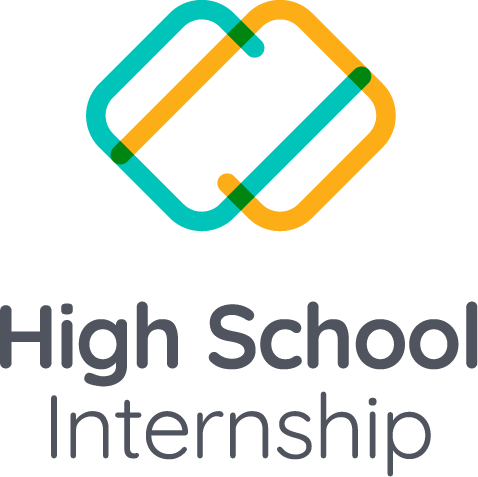You’ve decided you want to learn a new technique for the classroom. Now comes the tough question: where to go? How many times have we found ourselves combing through various MOOCs, teacher Instagram accounts, university continuing education courses, and online teacher resource guides only to realize that a full hour has gone by and we still haven’t come to a decision?
Don’t worry, we’ve all been there! To make it easy for you, we have created a quick guide on some of our favorite resources for finding new techniques you can try in your classroom.
- FutureLearn – they have a specific section for teaching, and a sub-section from primary teaching or STEM education so you can easily find something relevant. The courses are often short (2-3 hours per week, for 2-4 weeks) and can be done flexibly and over a longer period of time if needed. We particularly recommend reading the comments – often the instructors ask other students to suggest activities and have gotten lots of ideas there.
- Twinkl – one of the best places to go for inspiration while lesson planning, it will give you ideas for new techniques to try and has all the materials ready to go in an instant. Again, it is really easy to sort by year group and subject so you immediately find something relevant to you. You do need to pay for access to the resources, but we often find it is a good source of inspiration to flip through the ideas in our subject area even if you don’t have a subscription.
- Pinterest and Instagram – while social media is often thought of us a time waster, there are tons of amazing education accounts out there showcasing real teacher activities in the classroom. Some of our favorites on Instagram include @thsfoundry and @steamexplorers.
- Technology providers – have a new technology that you want to use in your classroom but don’t know where to start? A lot of tech companies are more than happy to help you get started, whether it’s Raspberry Pi’s classes on FutureLearn or Google’s Teacher Center there are often a lot of free resources. And of course, if you use (or want to use) BSD’s curriculum we are always happy to help so just contact us here.

